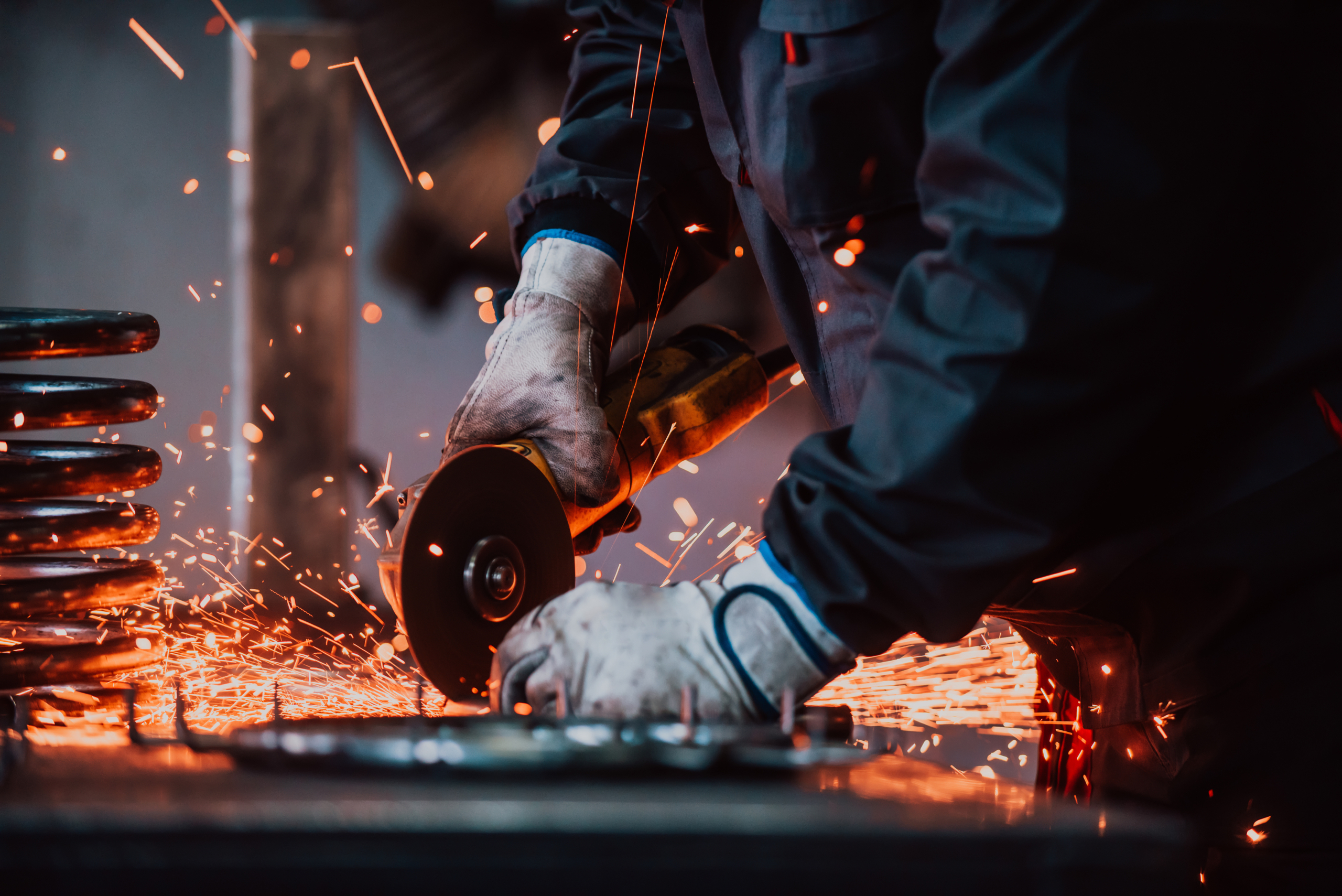
In today’s fast-paced world, precision and quality are not just desirable in manufacturing—they are essential. From automotive and aerospace to construction and medical devices, almost every sector relies on high-quality, precisely engineered metal components. This is where precision metal fabrication comes into play, transforming raw materials into the parts and structures that keep our world running smoothly.
What Is Precision Metal Fabrication?
Precision metal fabrication is the process of cutting, shaping, assembling, and finishing metal to extremely tight tolerances. Unlike traditional fabrication, where measurements can be less exact, precision fabrication uses advanced technology—such as CNC (Computer Numerical Control) machining, laser cutting, and automated welding—to achieve parts that are consistently accurate down to fractions of a millimeter.
This level of accuracy is critical for industries where every component must fit perfectly and function reliably, often in demanding or safety-critical environments.
Key Processes in Precision Fabrication
1. CNC Machining
CNC machines use computer-controlled tools to cut and shape metal with extreme accuracy. Designs are created digitally and sent to the machines, which follow precise instructions to produce parts exactly as specified. This ensures consistent quality, even when making hundreds or thousands of identical pieces.
2. Laser Cutting
Laser cutting offers fast, clean, and highly accurate cuts in a wide range of metals. It’s ideal for making complex shapes or intricate designs that would be difficult or impossible to achieve by hand. Because it minimizes material waste, it’s also cost-effective.
3. Welding and Assembly
Automated welding systems ensure strong, consistent joints, while skilled fabricators can handle custom or intricate assemblies. The goal is to build finished products that are both durable and visually appealing.
4. Finishing Processes
After cutting and assembly, parts are often treated to improve appearance, durability, or corrosion resistance. This can include powder coating, painting, polishing, or anodizing, depending on the final application.
Why Precision Matters
1. Enhanced Product Quality
Precision fabrication reduces the risk of errors, misalignments, and weak joints. When every part is made to exact specifications, the final product is stronger, safer, and longer-lasting.
2. Increased Efficiency
Automated fabrication processes reduce manual labor, speed up production, and make it easier to replicate parts quickly. This means faster turnaround times for customers and lower production costs.
3. Design Flexibility
Modern fabrication technology allows for highly complex and custom designs, supporting innovation and unique solutions for challenging problems. Whether you need a single prototype or a full production run, precision fabrication makes it possible.
4. Cost Savings
By minimizing waste, reducing errors, and improving efficiency, precision fabrication often leads to significant cost savings in both the short and long term.
5. Industry Compliance
Many industries have strict standards for quality and safety. Precision fabrication ensures that parts and assemblies meet or exceed these requirements, reducing the risk of costly failures or recalls.
Applications Across Industries
-
Automotive: From chassis components to engine parts, precise metalwork is vital for vehicle safety, performance, and reliability.
-
Aerospace: Aircraft demand the highest standards of precision and strength—every bracket, fastener, and panel must be flawless.
-
Construction: Steel frames, beams, railings, and architectural details require both strength and accuracy.
-
Medical Devices: Implants, surgical tools, and hospital equipment depend on extremely tight tolerances for safety and effectiveness.
-
Electronics: Small, intricate parts need to be made with incredible accuracy to fit into devices and systems.
How to Choose a Precision Fabrication Partner
Selecting the right partner for your metal fabrication needs is crucial. Here are a few tips:
-
Experience and Expertise: Look for a team with a proven track record in your industry.
-
Modern Equipment: The best results come from shops that invest in the latest CNC machines, laser cutters, and quality-control tools.
-
Quality Control: Ask about inspection processes, certifications, and testing methods to ensure consistent quality.
-
Design Support: A good partner will offer design feedback, prototyping, and material recommendations.
-
Customer Service: Clear communication and responsive support can make the whole process smoother and more successful.
Looking Ahead: The Future of Precision Metal Fabrication
As manufacturing technology continues to advance, the standards for precision and efficiency are only getting higher. Automation, robotics, and digital design tools will make it possible to produce even more complex parts, faster and more cost-effectively than ever before. For companies across all industries, working with a precision-focused metal fabrication partner is a smart investment in long-term quality and success.
Conclusion
Precision metal fabrication is the backbone of countless modern products and industries. With the right expertise, equipment, and attention to detail, it’s possible to achieve new heights of quality, efficiency, and innovation in everything from automotive parts to medical devices.
To learn more about how precision fabrication can help your business, or to start your next project, visit Kirmell and discover how our expertise can support your success.




